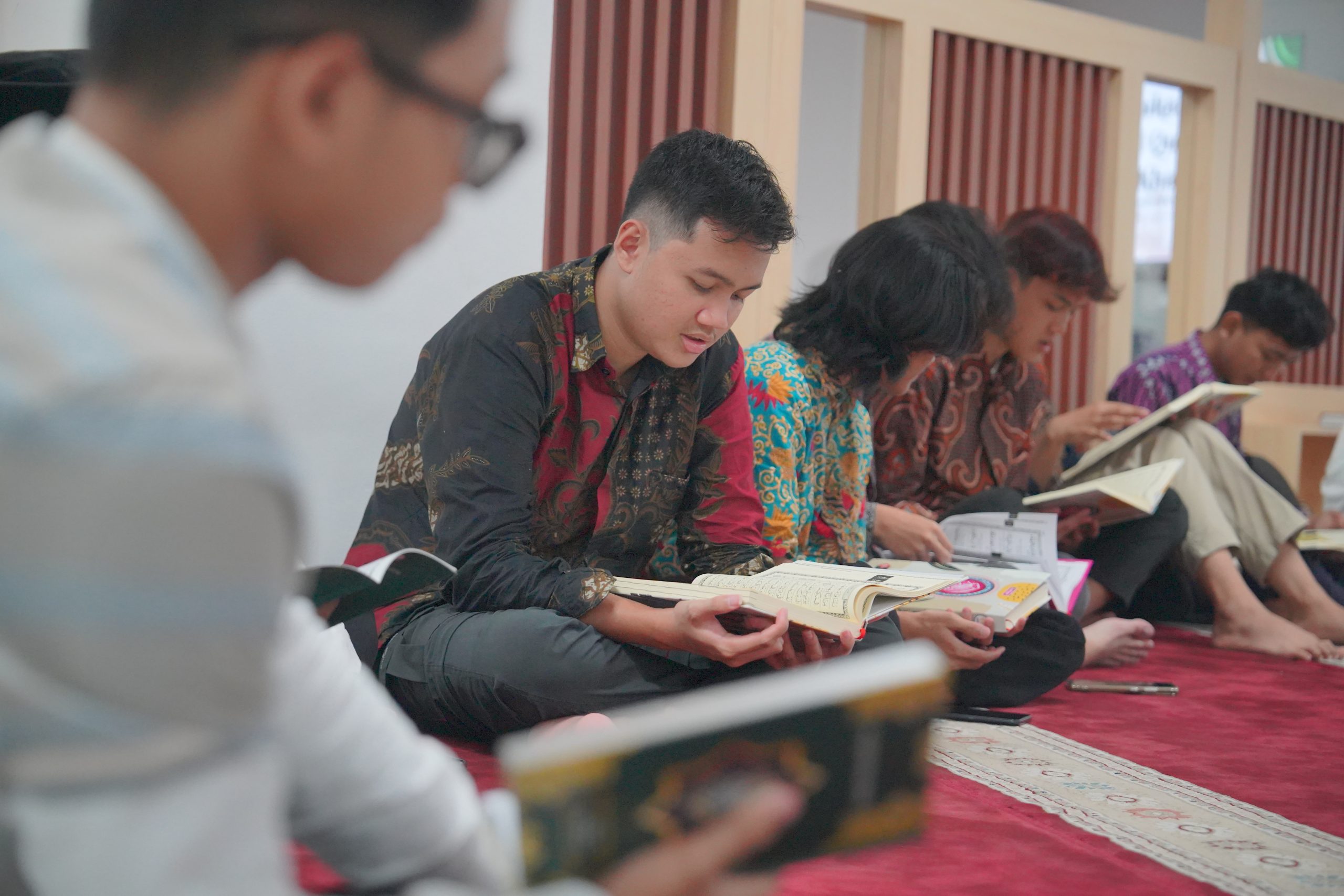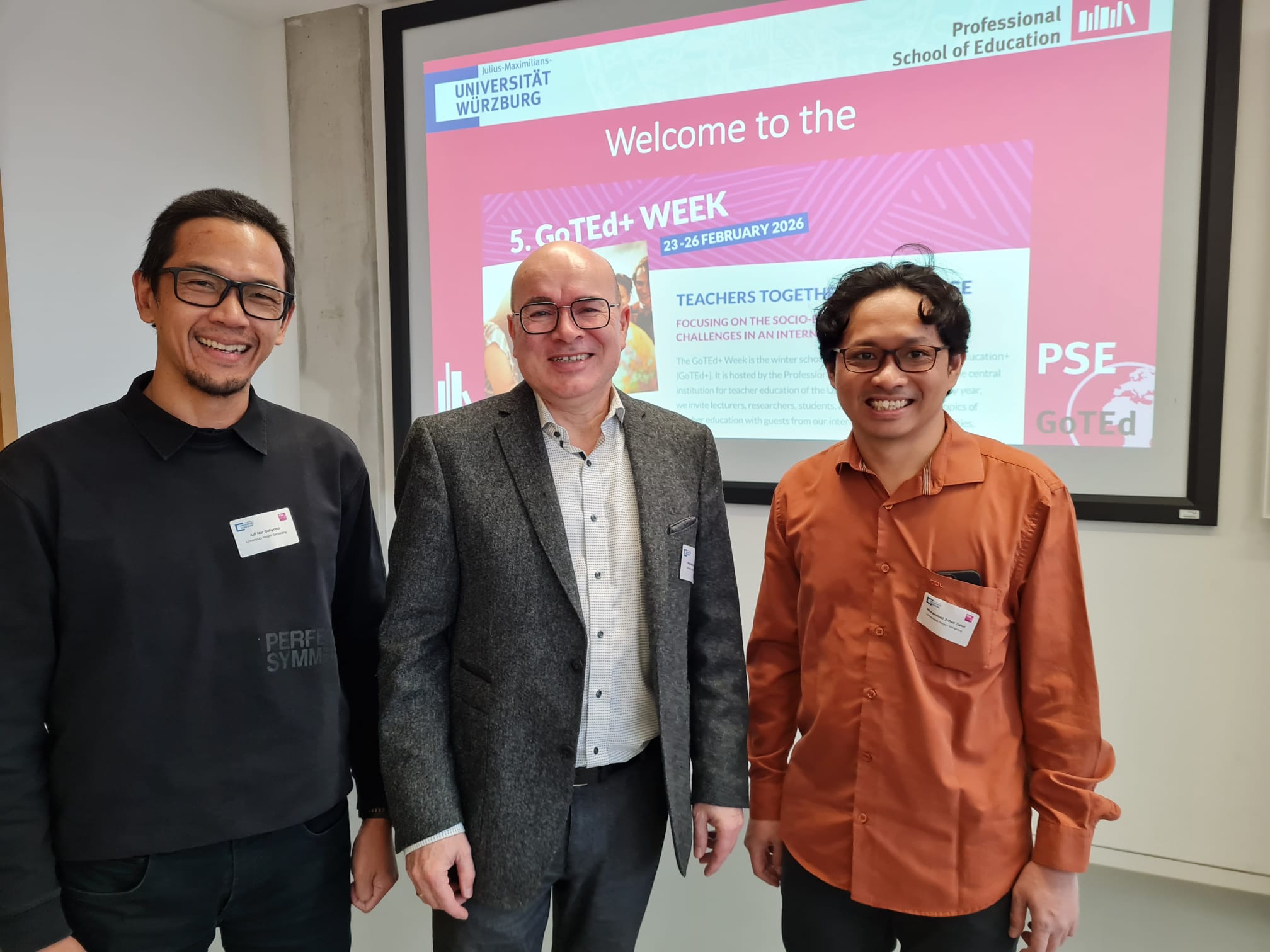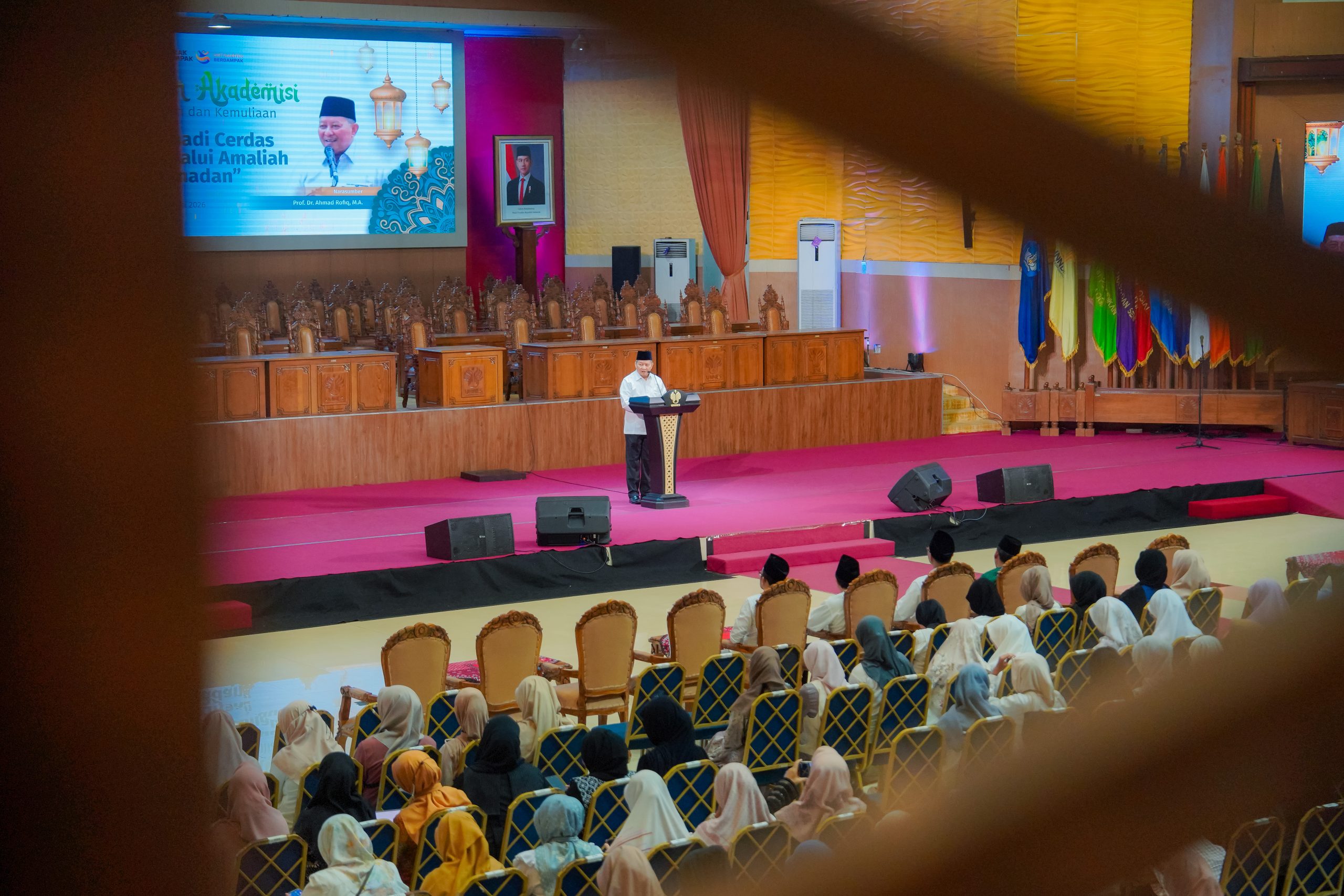Universitas Negeri Semarang (UNNES) menggelar Kuliah Umum yang mengangkat tema “Mewujudkan Hukum Indonesia Berkeadilan Mensejahterakan Berdasarkan Ketuhanan Yang Maha Esa”.
Kuliah umum digelar secara luring terbatas, menghadirkan pembicara Wakil Menteri Hukum dan Hak Asasi Manusia (Wamenkumham) Republik Indonesia, Prof Dr Edwar Omar Sharif Hiariej SH MHum di Gedung Auditorium UNNES, Kamis (25/11).
Rektor UNNES Prof Dr Fathur Rokhman MHum menyampaikan, UNNES sengaja mengundang Prof Dr Edwar Omar Sharif Hiariej untuk meningkatkan pemahaman dan kesadaran mahasiswa atas pentingnya mewujudkan Hukum Indonesia Berkeadilan Berdasarkan Ketuhanan Yang Maha Esa.
“Kesadaran menjadi sangat penting untuk membangun nilai kemanusiaan dengan hukum yang berkeadilan. Pada Era industry dan digital sat ini, kesadaran hukum menjadi penting bagi seluruh bangsa termasuk Indonesia. Prinsip Hukum yang berkeadilan berdasarkan ketuhanan Yang Maha Esa harus kita pegang,” ungkap Prof Fathur Rokhman.
Wamenkumham Prof Edward Omar Sharif menjelaskan, membangun hukum yang berkeadilan bagi pembangunan masyarakat Indonesia menuju masyarakat sejahtera yang adil dan makmur dengan cara menciptakan hukum yang responsif, hukum yang bercorak Indonesia, dan hukum harus dibuat dengan prosedur yang berlaku.
“Membangun hukum yang berkeadilan bagi pembangunan masyarakat Indonesia tidaklah mudah, bukan sesuatu hal seperti membalikan telapak tangan. Kuncinya adalah hukum yang responsif, bercorak Indonesia, dan sesuai dengan prosedur yang berlaku,” jelas Wamenkumham.
Prof Edward mengatakan, hukum yang responsif adalah hukum yang memberikan tempat bagi partisipasi publik.
“Partisipasi masyarakat merupakan salah satu kondisi yang diperlukan agar penyelenggaraan hukum dapat terlaksana dengan baik,” ucapnya.
Selain itu, Prof Edward menambahkan, hukum di Indonesia harus dijiwai dengan nilai-nilai pancasila, dan dibuat dengan prosedur yang berlaku.
“Semua warga negara Indonesia harus cinta hukum dengan cara mencintai pancasila, karena hukum di Indonesia dijiwai dengan nilai-nilai pancasila dan dibuat sesuai dengan prosedur yang berlaku,” ungkapnya.



